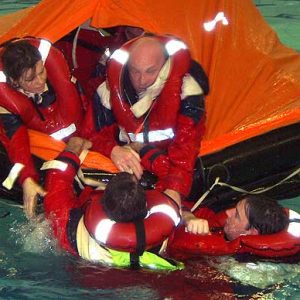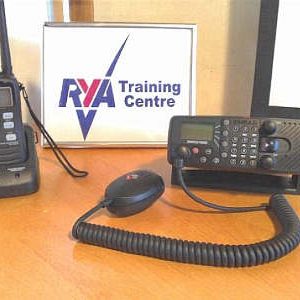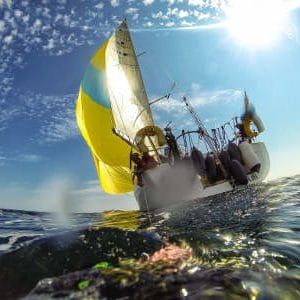RYA Advanced Pilotage Syllabus
Passage planning
Understands:
- Victualing
- The importance of identifying ports of refuge
- Publications required
- Strategy
- Customs procedures
Can:
- Calculate the fuel required, including
reserve
- Plan a coastal passage
Preparation for sea
Understands:
- Safety equipment for offshore passages
Can:
- Prepare a motor cruiser for sea
- Give an effective safety briefing
Pilotage
Understands:
- Tidal considerations
- GPS limitations in pilotage
Can:
- Prepare a pilotage plan with consideration of soundings, transits, clearing bearings, back
bearings, buoyage, port or harbour regulations
- Pilot a motor cruiser by day and night
Passage making and responsibility as a
skipper (Daylight Hours)
Understands:
- The significance of meteorological
trends
- The importance of crew welfare, safety and control on passage
Can:
- Take charge of a motor cruiser and
direct the crew
- Organise the navigational, deckwork, and domestic duties of a motor cruiser on passage
- Organise watch-keeping
- Integrate the use of traditional and electronic aids to navigation
Radar / AIS
Understands:
- Advantages and limitations of AIS and Radar
Boat handling
Understands:
- Characteristics of various hull forms and propeller configurations
Can:
- Control the boat effectively in a
confined space, including all berthing and unberthing situations in various
conditions of wind and tide
- Berth and unberth in simple situations using one engine and lines (on a twin engine boat)
- Avoid excessive use of power
- Demonstrate a practical understanding and correct use of power trim and trim tabs
Adverse weather conditions
Understands:
- Action to be taken in rough weather
- The importance of boat control in waves and positioning to minimise the possibility of injury
- Preparation for heavy weather and handling in strong winds
- Navigation and general conduct in restricted visibility
Emergency situations
Knowledge of:
- How a vessel may be asked to assist in a search
Understands:
- Actions to be taken when abandoning to a
liferaft and during helicopter and lifeboat rescues
- What to do in a medical emergency
- Towing and being towed
- How to issue distress by all available means
Can:
- Recover a man overboard dummy in all available conditions
Night Cruising
Can:
- Take charge of a motor cruiser at night,
including entering and leaving harbour
- Demonstrate the ability to keep a proper lookout and identifying lit marks and nominated positions by night





